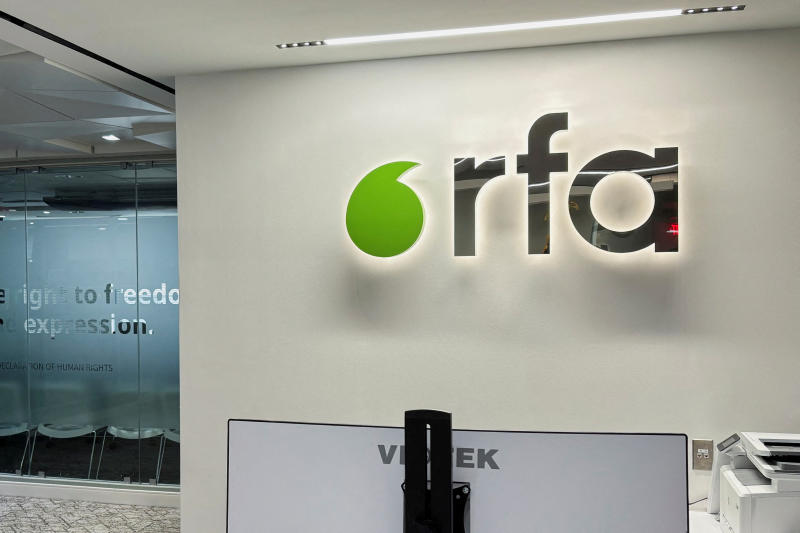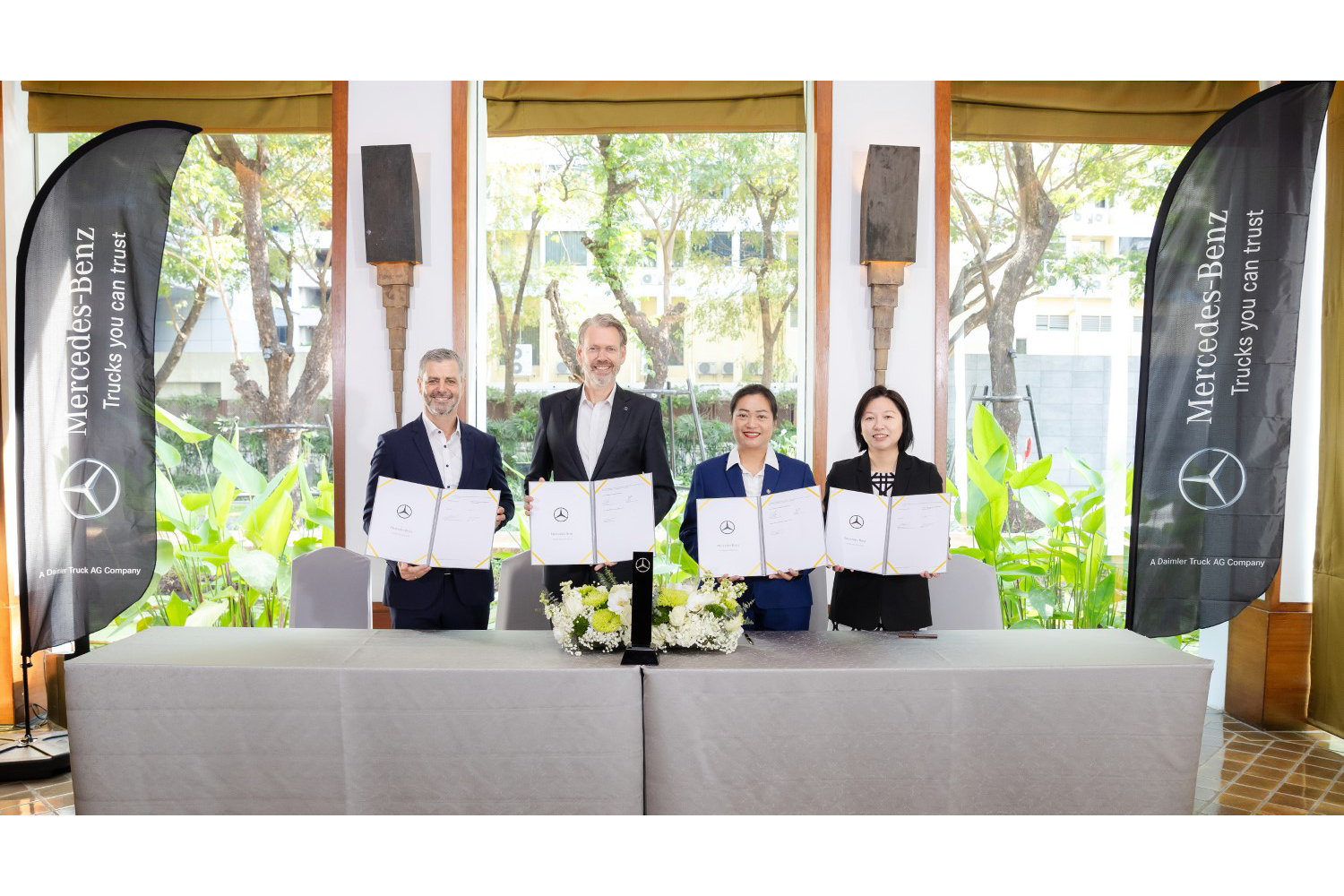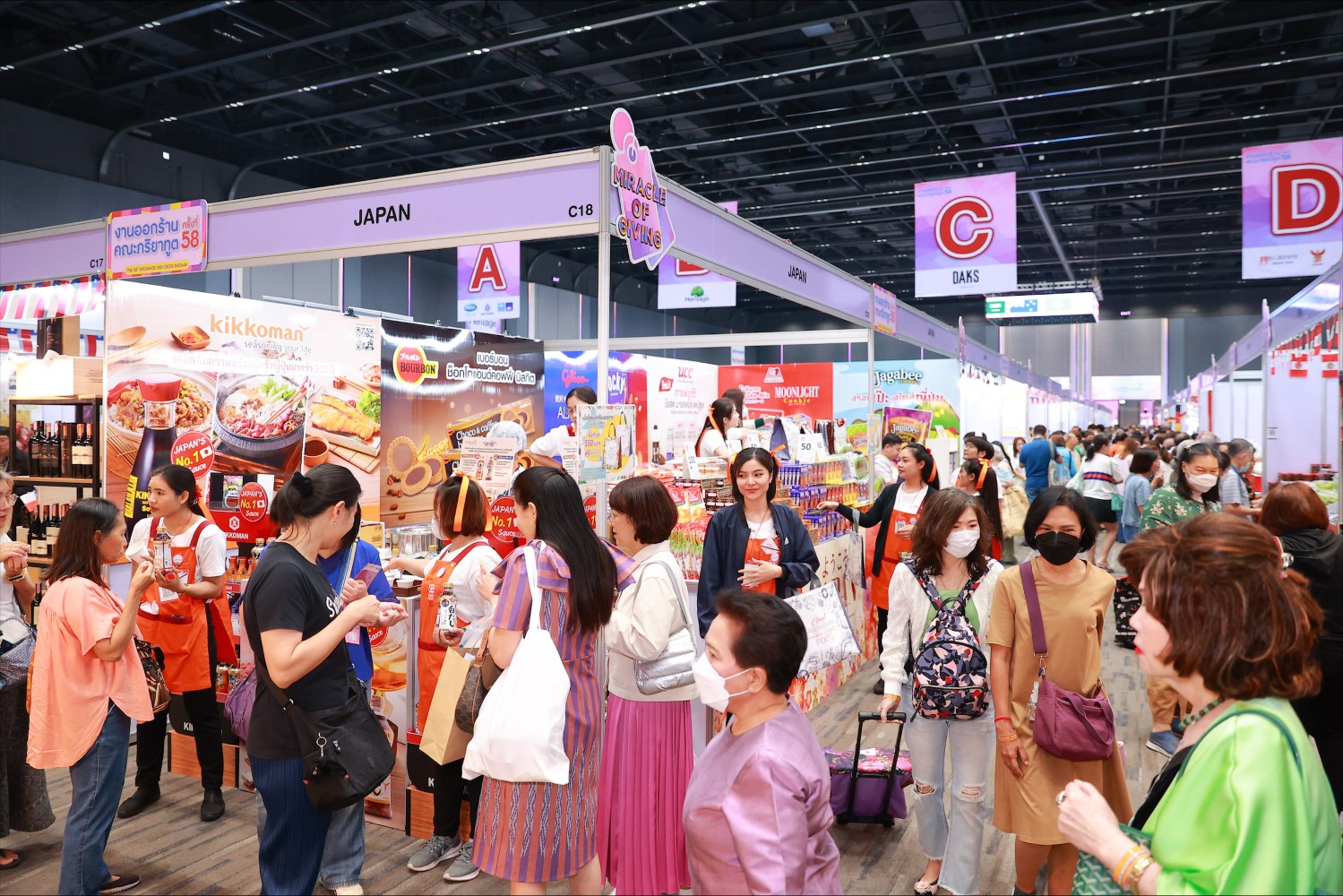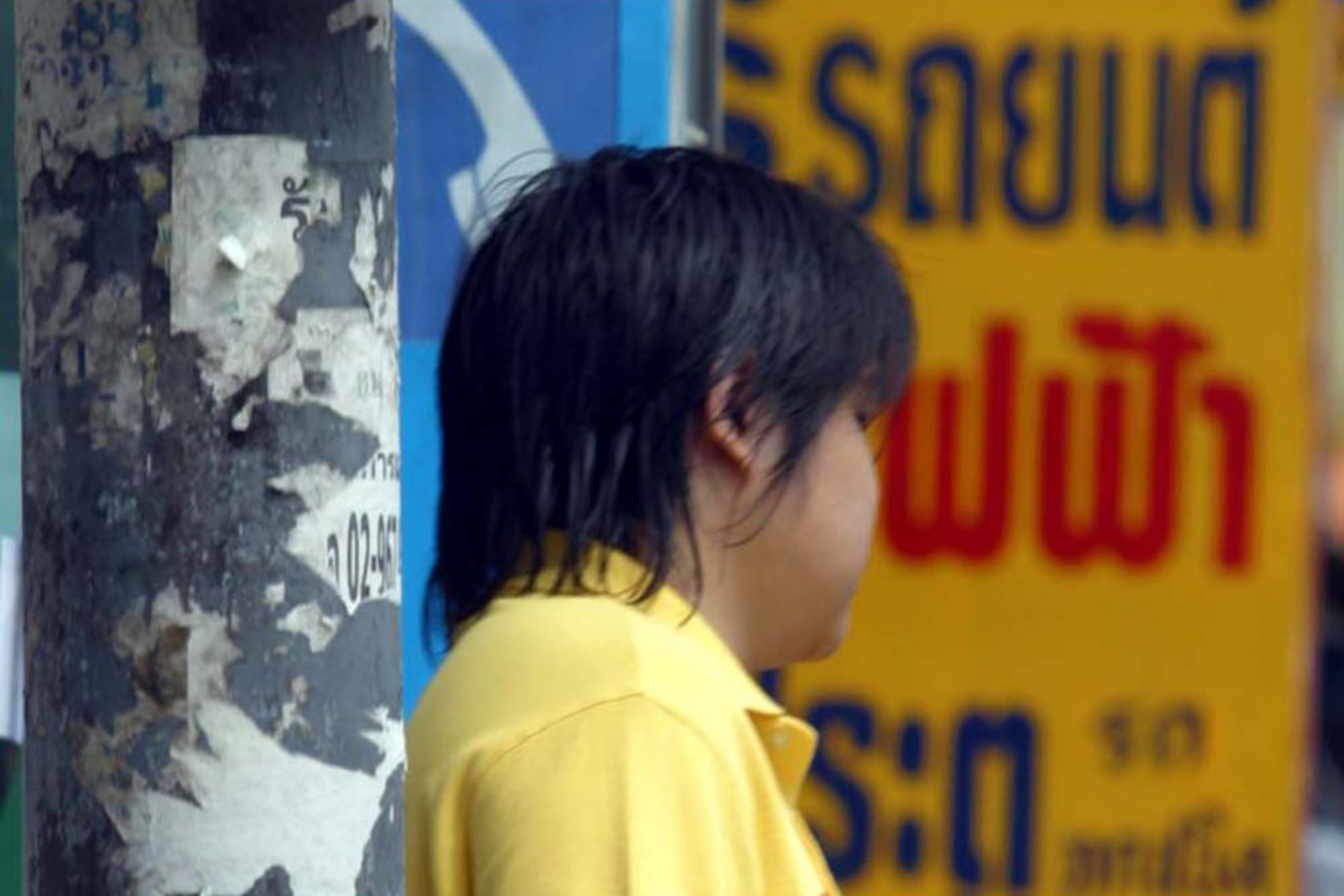Showing 31 - 40 of 10,000
Zuckerberg to testify in landmark social media addiction trial
AFP, Published on 18/02/2026
» LOS ANGELES (UNITED STATES) - Meta CEO Mark Zuckerberg is set to testify Wednesday at a groundbreaking social media addiction trial, summoned by lawyers representing a plaintiff who alleges Instagram and other platforms were deliberately designed to make young users addicted.
Budget hotels at PTT petrol stations
Yuthana Praiwan, Published on 18/02/2026
» Two listed firms, PTT Oil and Retail Plc (OR) and Central Plaza Hotel Plc (Centel), announced a joint venture that will run budget hotels at PTT petrol stations.
Radio Free Asia says it resumes broadcasts to China
Reuters, Published on 18/02/2026
» WASHINGTON — Radio Free Asia (RFA) has resumed broadcasts to people in China, its CEO said on Tuesday, after Trump administration cuts last year largely forced the US-funded outlet to cease operations.
US says will match alleged Chinese low-yield nuclear tests
AFP, Published on 18/02/2026
» WASHINGTON (UNITED STATES) - The United States is ready to carry out low-yield nuclear tests to match alleged secret explosions by China and Russia, ending a decades-old moratorium, a senior official said Tuesday.
NT seeks fast revenue gains to tackle losses
Business, Komsan Tortermvasana, Published on 18/02/2026
» The chairman of National Telecom (NT) has told the state agency's management to develop a quick-win plan to implement in six months to improve its revenue and minimise the impact of anticipated operating losses of around 6 billion baht this year.
Daimler Truck Appoints CIBB as Official Distributor for Thailand’s Mercedes-Benz Trucks & Buses
Published on 17/02/2026
» Bangkok, Thailand - Daimler Truck, a global leader in commercial vehicles, has announced the appointment of Chance Inter Business Body Builder Co., Ltd. (CIBB) as the official general distributor of Mercedes-Benz trucks and buses in Thailand. The move is part of a major organizational restructuring designed to clearly separate the management of the Mercedes-Benz and FUSO brands, enhancing operational agility and supporting long-term growth in Thailand’s logistics and transportation sectors.
100 Outperforming Enterprises Award & Learning Conference
Published on 17/02/2026
» The upcoming 100 Outperforming Enterprises Award & Learning Conference themed "The Power of Purpose, People, Performance" is set to honour 10 trailblazing organisations that have redefined the boundaries of corporate excellence. These enterprises have demonstrated that when a meaningful purpose, resilient people, and outstanding performance converge, true excellence is achieved.
Thai Red Cross, diplomatic corps host 59th Red Cross Bazaar
Published on 17/02/2026
» The Thai Red Cross Society, through its Donation HUB, in collaboration with the Diplomatic Participants Committee in Thailand, cordially invites the public to the 59th Diplomatic Red Cross Bazaar. Held under the inspiring theme “The Art of Giving”, this premier lifestyle and charity event will take place from Feb 26 to March 1, between 10am and 8pm at Paragon Hall, 5th Floor, Siam Paragon, as well as online via www.iredcross.org. The event is deeply honoured by the gracious presence of Her Royal Highness Princess Maha Chakri Sirindhorn, Executive Vice President of the Thai Red Cross Society, who will preside over the official opening ceremony and tour the international showcases on Thursday, Feb 26, at 8.30am.
France loosens rules on allowing farmers to shoot wolves
AFP, Published on 17/02/2026
» VAL-DE-MEUSE — The French government said Monday it would authorise the shooting of wolves that attack livestock even outside protected enclosures, a policy shift welcomed by farmers, a powerful and increasingly disgruntled constituency.
NCB frets over potential uptick in informal debt
Business, Somruedi Banchongduang, Published on 17/02/2026
» The National Credit Bureau (NCB) has expressed concern about a potential rise in informal debt amid subdued loan growth in the banking sector and an easing household debt-to-GDP ratio.













